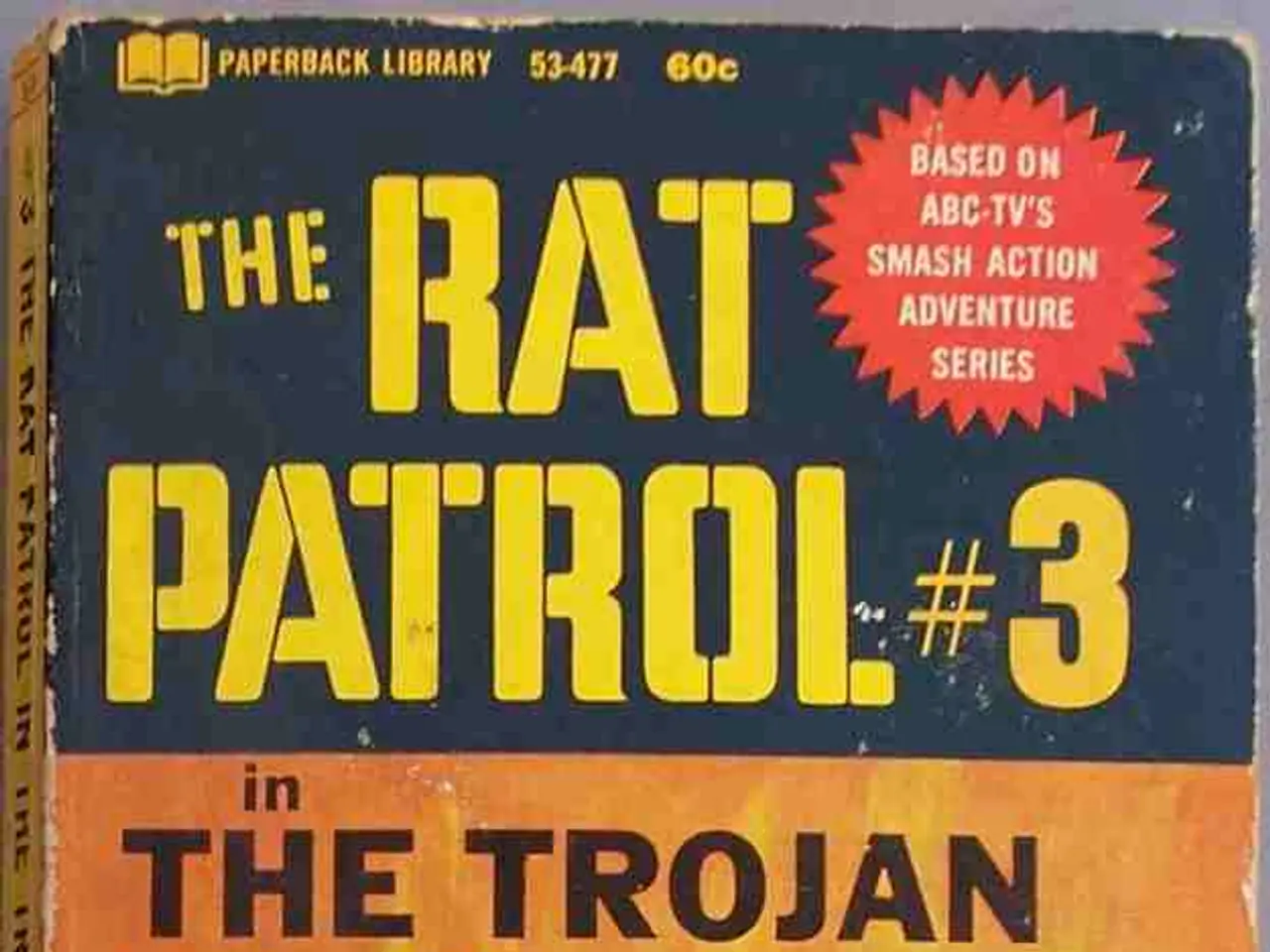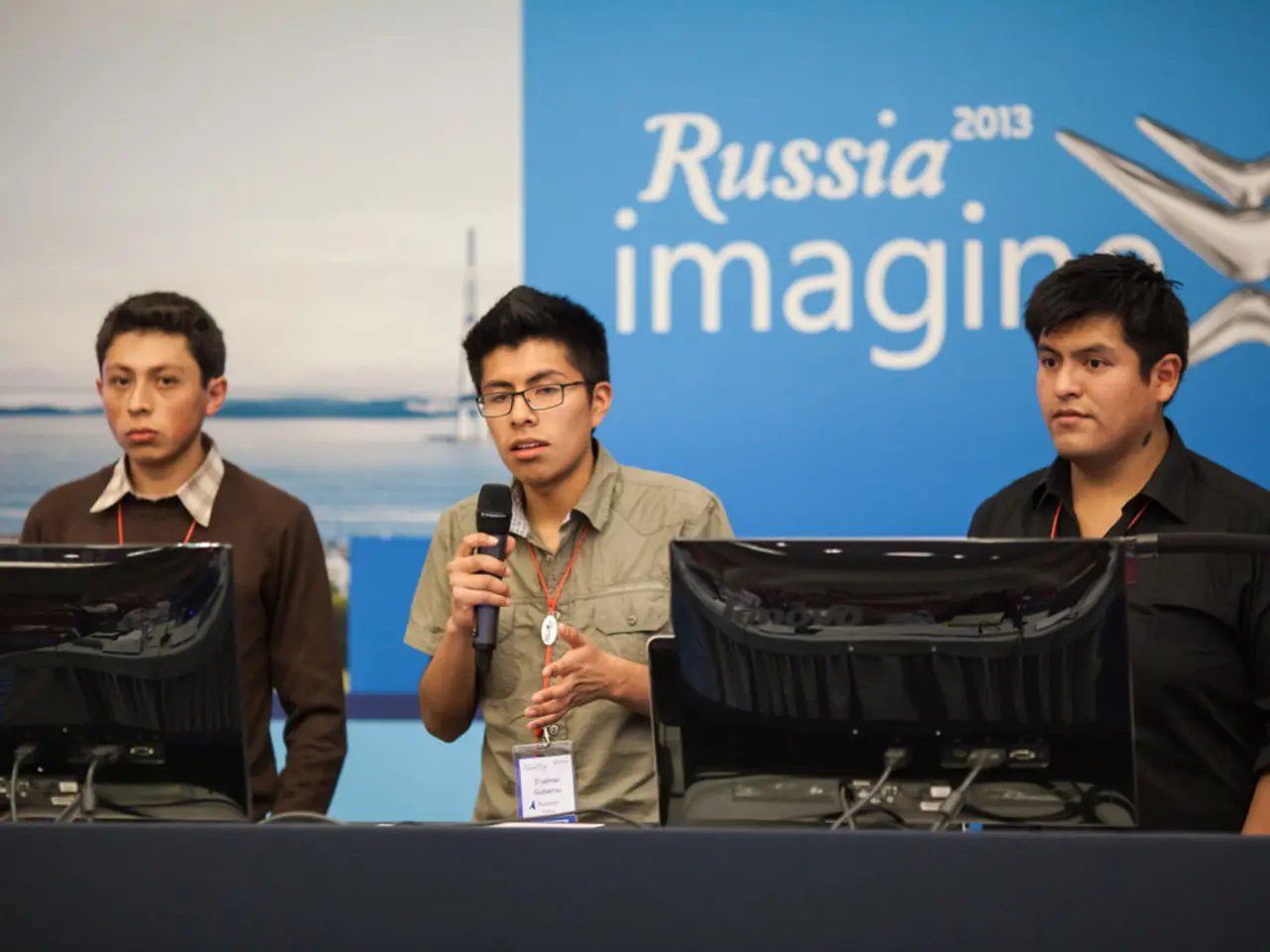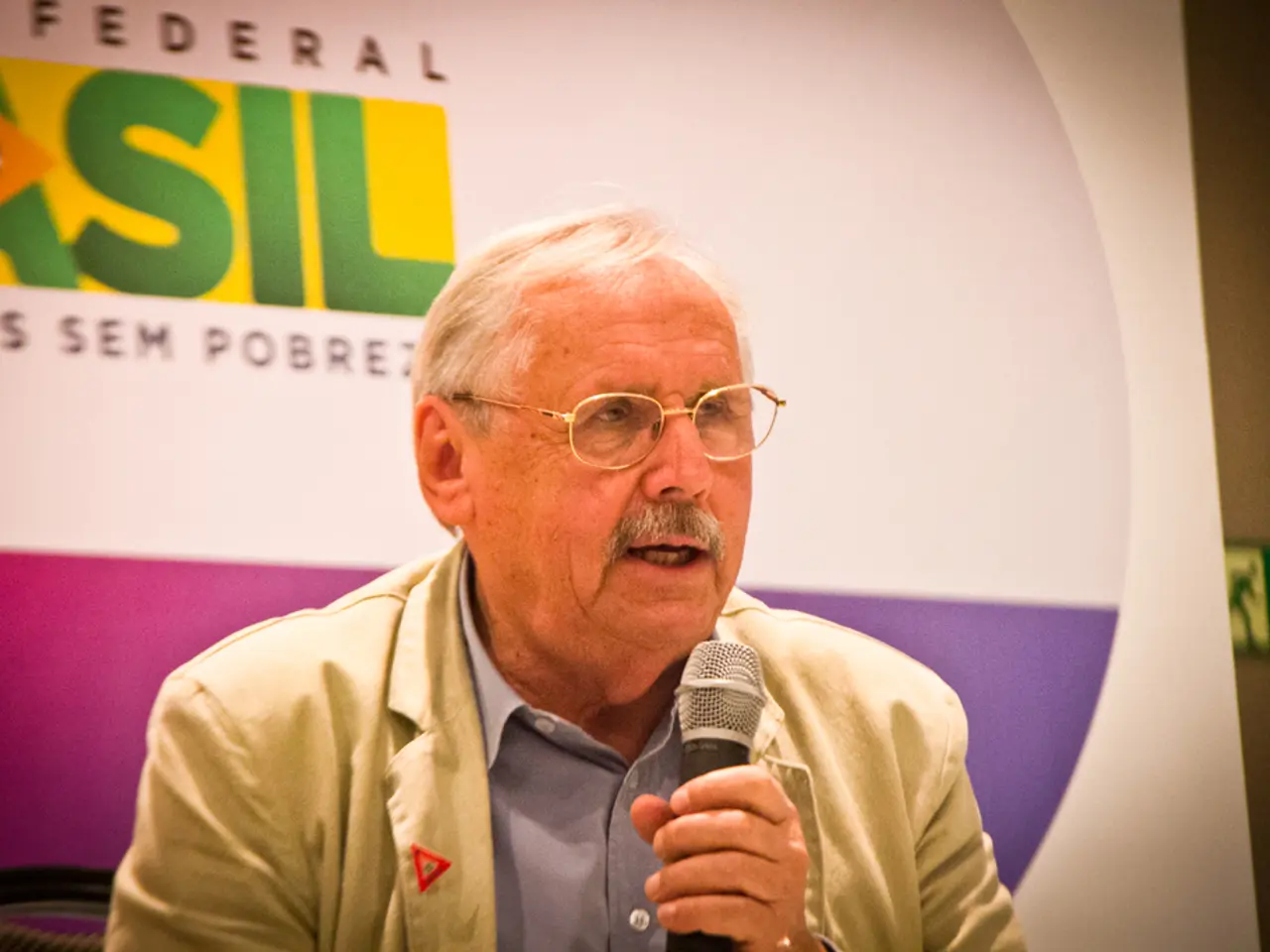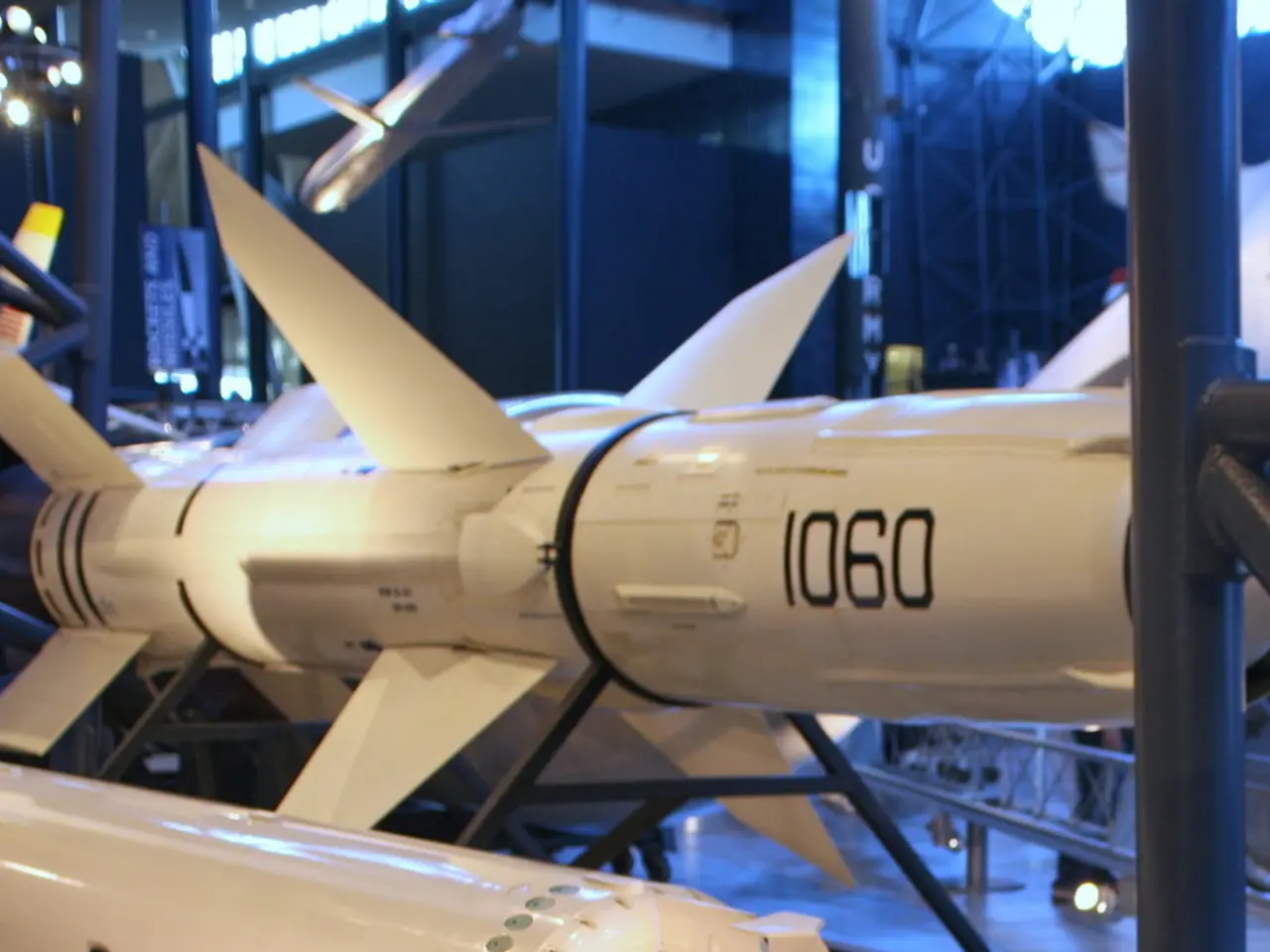Investigators Identify "The Resistance Front" as Suspects in Pahalgam Assault, Alleging Links to LeT
In a significant development, the United Nations Security Council (UNSC) has included The Resistance Front (TRF) in its latest report, marking the first reference to LeT or other Pakistan-based terror groups in a report since 2019.
The report, released on 22nd April, states that on 22nd April, five terrorists attacked a tourist spot in Pahalgam, Jammu and Kashmir, killing 26 civilians. TRF claimed responsibility for the attack. However, it's noteworthy that no other group has claimed responsibility for the attack, as reported by various sources.
The inclusion of TRF in the UNSC report is a testament to India's strong counter-terrorism efforts and close cooperation with like-minded countries. Sustained follow-up by Indian missions abroad and parliamentary delegations raising TRF's role played a crucial part in this recognition.
India welcomed this decision by the United States, which designated TRF as a Foreign Terrorist Organisation (FTO) and Specially Designated Global Terrorist (SDGT) less than two weeks ago, acting on President Donald Trump's call for justice for the Pahalgam attack.
TRF is an active Pakistani Islamist terrorist organization engaged in the insurgency in Jammu and Kashmir since its formation in 2019, soon after the abrogation of Article 370 by the Indian government. It is widely considered a front or proxy of Lashkar-e-Taiba (LeT), directed and supported by Pakistan's military and intelligence agencies, including the ISI.
TRF operates with logistical, financial, and operational backing from LeT, using training facilities and safe houses in Pakistan-administered Kashmir (PoK) while portraying itself as a local resistance group to evade international scrutiny. The group is responsible for numerous attacks targeting Indian security forces, civilians, religious minorities, and tourists.
Indian government sources, including the National Investigation Agency (NIA), consider TRF a rebranded extension of LeT, highlighting the involvement of key handlers like Sheikh Sajjad Gul, TRF's main commander, who escaped Indian custody and operates from PoK. Other LeT-linked figures such as Sajid Jatt and Salim Rehmani are involved in TRF operations.
The Indian government designated TRF a terrorist organization under the Unlawful Activities (Prevention) Act in January 2023. The United States further declared TRF a global terrorist organization in 2025, explicitly linking it to LeT and strengthening international efforts to counter its activities.
Regarding links with Jaish-e-Mohammed (JeM), publicly available authoritative sources—Indian government and UNSC reports—primarily associate TRF with LeT. JeM involvement or direct operational linkage to TRF has not been emphasized or officially confirmed in these sources as prominently as for LeT.
The UNSC remains focused on combating these groups due to their role in destabilizing the region and perpetrating terror attacks. Pakistan's role as a key exporter of terrorism is emphasized, with the MEA leading an inter-ministerial delegation to brief MT members and senior UN officials in New York in May 2024, sharing a dossier on TRF.
This outcome at the UNSC demonstrates India's strong counter-terrorism credentials and global recognition. It also highlights the international community's growing awareness of the threat from Pakistan-based groups. The fragile regional relations, however, continue to pose a challenge, with some Member States suggesting links between TRF and LeT, while others reject these views, claiming LeT is defunct.
In light of the UNSC's inclusion of The Resistance Front (TRF) in its latest report, it appears that the political landscape surrounding war-and-conflicts and general news, particularly those related to terrorism in Jammu and Kashmir, has become more complex due to TRF's close links with Pakistan-based terror groups like Lashkar-e-Taiba (LeT). Despite TRF's efforts to evade international scrutiny, the high-profile Pahalgam attack and India's strong counter-terrorism efforts have brought the organization into the spotlight, prompting discussions on politics and global news.







